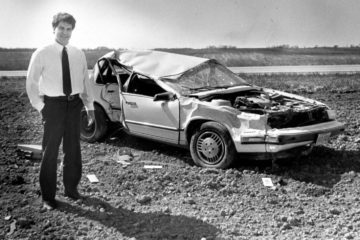Adam Mastroianni at Experimental History:
 For the last 60 years or so, science has been running an experiment on itself. The experimental design wasn’t great; there was no randomization and no control group. Nobody was in charge, exactly, and nobody was really taking consistent measurements. And yet it was the most massive experiment ever run, and it included every scientist on Earth.
For the last 60 years or so, science has been running an experiment on itself. The experimental design wasn’t great; there was no randomization and no control group. Nobody was in charge, exactly, and nobody was really taking consistent measurements. And yet it was the most massive experiment ever run, and it included every scientist on Earth.
Most of those folks didn’t even realize they were in an experiment. Many of them, including me, weren’t born when the experiment started. If we had noticed what was going on, maybe we would have demanded a basic level of scientific rigor. Maybe nobody objected because the hypothesis seemed so obviously true: science will be better off if we have someone check every paper and reject the ones that don’t pass muster. They called it “peer review.”
This was a massive change. From antiquity to modernity, scientists wrote letters and circulated monographs, and the main barriers stopping them from communicating their findings were the cost of paper, postage, or a printing press, or on rare occasions, the cost of a visit from the Catholic Church.
